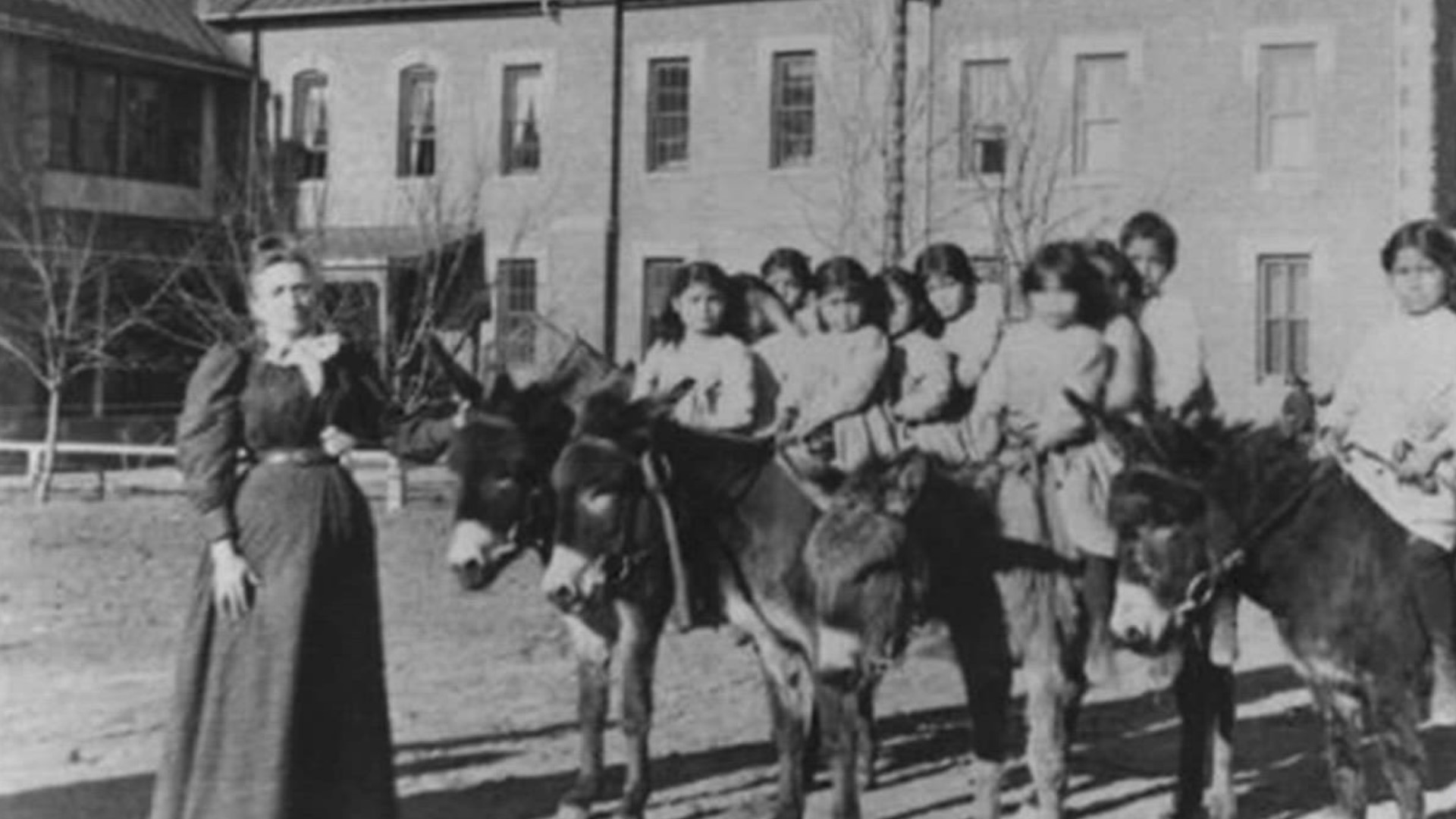SUQUAMISH, Wash. — On the National Day of Remembrance for Indian Boarding Schools, Northwest Indigenous leaders called for more accountability for the atrocities inflicted on Native people for decades at residential facilities.
“Despite the trauma of that, many were able to go on and really lead our people, but then had to persevere through that process of losing their language and having that disconnection from their family and their tribes over time, over a very important formative part of their life,” said Leonard Forsman, chairman of the Suquamish Tribe.
Up until the 1960s, hundreds of thousands of Native American children were forcibly removed from their homes and placed in government-run boarding schools. The goal was the systemic destruction of Native culture and communities, experts have said.
Forsman wants more accountability and awareness about the generational trauma still affecting Indigenous communities.
“There's a big schism in our generational passing on of knowledge and also parenting skills and things like that were lost,” Forsman said. “So, if you just imagine your own community to go home tonight and know all your kids are gone from around age five to 13 at least, are gone for nine months, at least nine months, and not allowed to come back.”
Many children suffered physical and sexual abuse. The federal government is now involved in identifying dozens of unmarked mass burial sites that have been uncovered across the United States and Canada.
A recent federal report identified more than 400 schools in the United States that were created to assimilate Indigenous children into white society. Fifteen were identified in Washington state.
Forsman said congressional action is in the works that could create a truth and healing commission on boarding schools.
“I hate to say we look forward to it because it's painful,” Forsman said. “But I think we look forward to there being more transparency, and us being able to identify and relate to it and then work on trying to start the healing process for our people.”
The U.S. Interior report has made recommendations to invest in language preservation, which was also lost to many because of the forced move.

